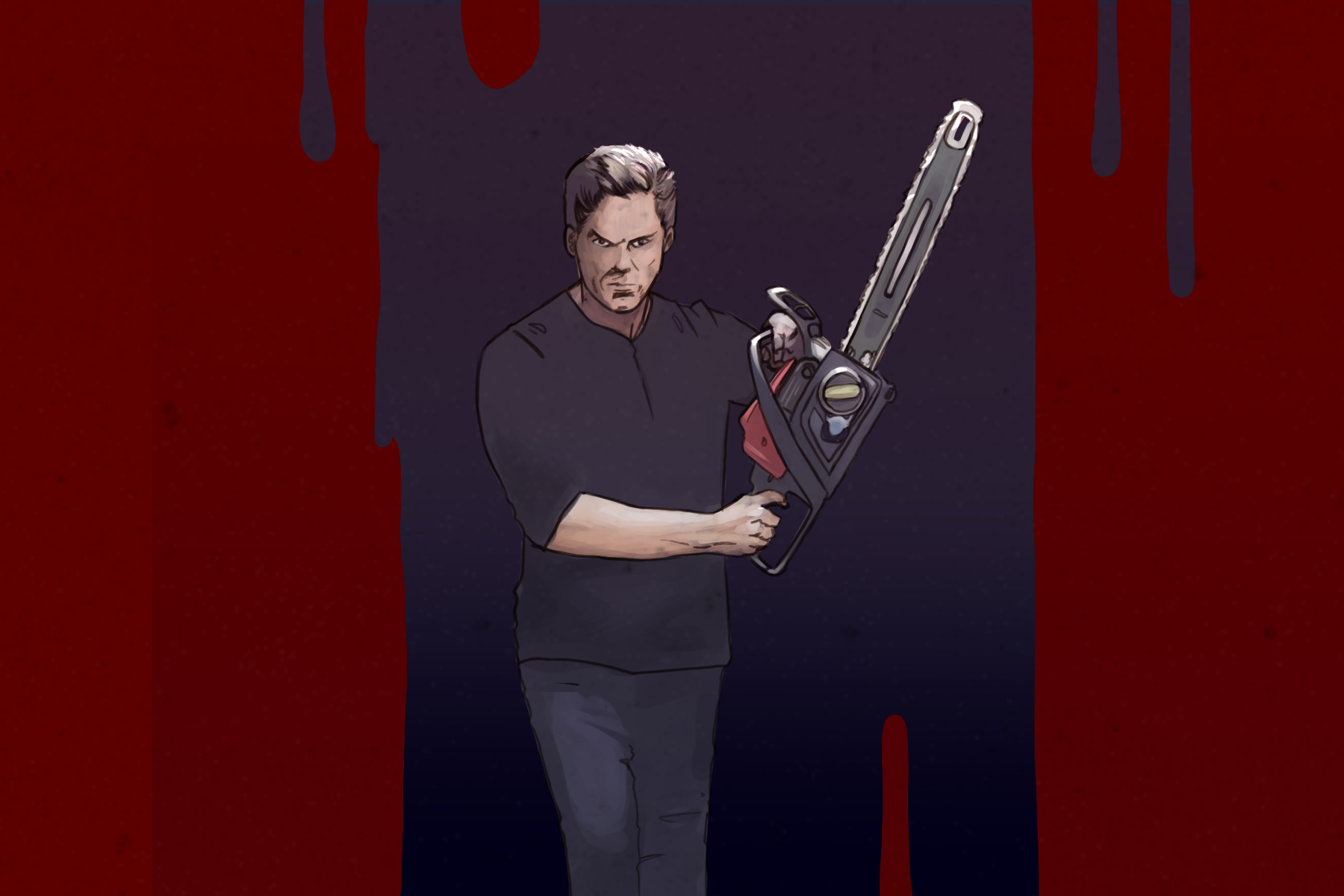Warning to the reader: Spoilers for “Dexter: New Blood” ahead!
After eight long years, the cult classic has received a reboot with a new season titled “Dexter: New Blood.” Unfortunately, its finale has fans questioning whether it was worth the wait. The original ending to the “Dexter” series was panned by critics and audiences alike and left many fans disappointed; in fact, as early as the fourth season, it was clear to viewers that there was a steady decline in the series’s writing and execution of the narrative as a whole.
The Hype for “Dexter: New Blood”
The released teaser of “Dexter: New Blood” announced our favorite serial killer’s return in November 2021. Fans were overjoyed at the idea that the series would finally receive the satisfying finale it deserved. It all sounded promising, with the original showrunner (Clyde Philips), directors, producers and writers of some of the series’s most beloved seasons coming back. “Dexter: New Blood” shattered records as it averaged over 8 million viewers across all Showtime platforms, making it the most-watched series in the television network’s history.
Despite all of this, the audience consensus for this series finale was inconclusive. While some fans were content with the conclusion they were given, others found it just as rushed and out of place as the original ending.
The Pacing
Like the original series, the season started with amazing story-building and an introduction to a fascinating cast of characters. Coming from eight seasons of warm, humid and crowded Miami, the switch to the cold, small town of Iron Lake, New York, felt like the change of pace the show needed. Dexter, after 10 years, finally succumbed to his urges and killed once more — leaving the show to unravel the hectic aftermath that comes with killing someone in a small town.
Having Harrison come back in Dexter’s life let the show’s writers explore multiple potential avenues of their relationship, especially once the audience discovers Harrison has become this “Dark Passenger” after witnessing his mother’s death at such a young age. Unfortunately, the writers refused to let this relationship flourish.
Harrison or Dexter could have opened up to the other about their own Dark Passengers and deepened their relationship. Instead, the two remained emotionally closed off to one another and Harrison ended up running off, leaving his character with no actual arc and merely fulfilling the shallow “angry, disobedient teenager” archetype. Having this confrontation drag out throughout the season left the audience annoyed at Harrison’s character, and him killing Dexter in the finale had little weight to it.
Police Chief Angela Bishop was another promising character who lost their potential as the episodes went on. By the end of the miniseries, the audience is supposed to believe the police chief of this small rural town took down Dexter — something that all of the Miami Metro Police Department and the FBI couldn’t do over the course of eight seasons.
Bishop is the same police chief who, in all her years of hard work to track them down, failed to connect the dots that the girls who went missing also happened to stop by Kurt Caldwell’s restaurant for a job. The pacing of Bishop uncovering the truth about Dexter felt utterly unrealistic. It seemed as though the clues were conveniently placed in her lap, contributing to the feeling of a rushed ending.
The Disembodiment of Dexter’s Character in “Dexter: New Blood”
With Dexter ending up in jail and knowing all that Angela had against him, there was no reason for him to be as freaked out as he was. He should know they don’t have enough to tie him to these killings. The loose connection between ketamine and M99 would not be enough to connect him to the “Bay Harbor Butcher.” He had been in tighter situations in the past. It seemed the writers had forgotten their work and the level of intellect Dexter had shown throughout the series’s lifespan.
This season’s biggest mistake was having Dexter kill Logan. Intentionally taking an innocent’s life isn’t Dexter — the whole series sought to drive this point home. Dexter never directly hurt or killed the innocents around him; rather, it was Dexter’s Dark Passenger that inherently put those around him in danger. This complexity of Dexter’s character is part of what makes the show so compelling. In the final moments of the series, Dexter takes an innocent person’s life, which removes this complexity and ultimately paints Dexter as this complete monster with no redeemable qualities.
The Waste of Potential
There were only one of two ways this show could end: Dexter would either get caught or be killed. He had to pay for what he had done to those around him. The last few episodes of the miniseries spend a lot of time setting up tons of great potential directions that could have offered satisfaction and wrapped up season-long arcs. The finale did not do any of that.
Why have a scene where Batista, who is perhaps the only character who deserved to take Dexter down, realizes Dexter might be the “Bay Harbor Butcher” and make the audience believe they will see this confrontation? All of that satisfaction wholly vanished.
Overall, “Dexter: New Blood” started out with great promise but concluded with the same issue as the original. Its execution of Dexter’s demise leaves the series feeling incomplete, and the wasted potential leaves the audience asking, “What if?”
















